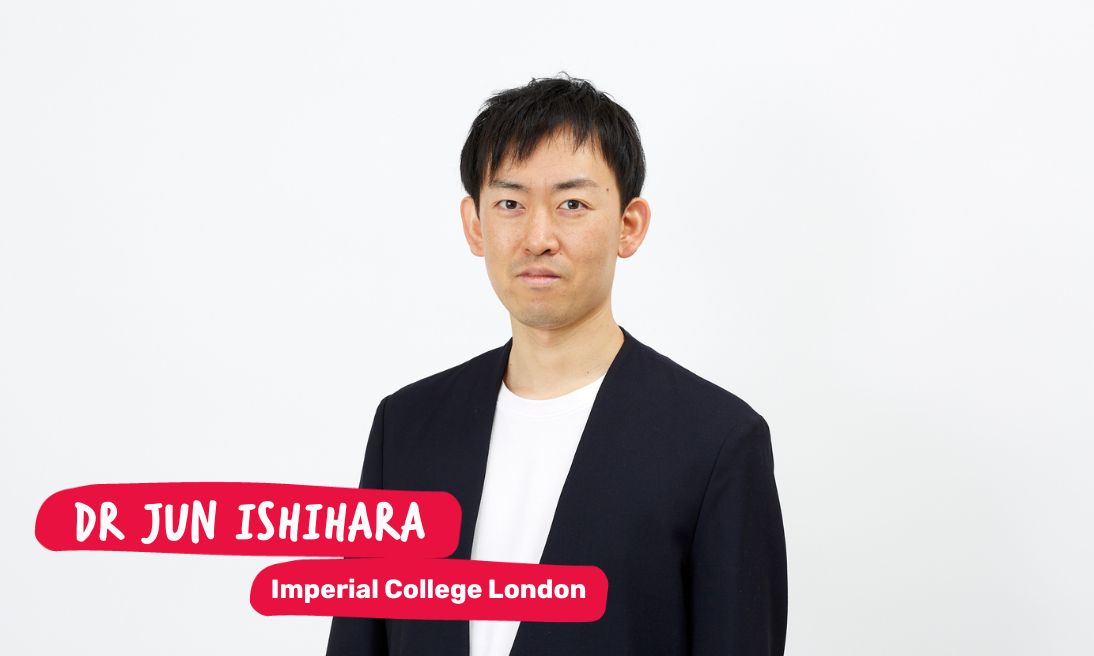At the age of 19, doctors diagnosed Jay Hellis, from Essex, with a glioblastoma.
Two years on, Jay has responded well to treatment. But the road to recovery has been long since his diagnosis in September 2021.
Signs and symptoms
Jay’s first symptoms were headaches and loss of peripheral vision. His GP put them down to migraines. Still worried, Jay and his family went to A&E at the Princess Alexandra Hospital in Essex for a scan.
Toni, Jay’s mum, said: “After waiting for 10 hours, the results came back that Jay had a brain tumour. We were heartbroken. We had no knowledge about brain tumours. But we were glad we followed our guts and pushed to find out what was wrong with Jay.”
The doctors scheduled an immediate operation to remove as much of the tumor as possible.
Toni said: “We couldn’t believe what we were hearing, it was so surreal. All at once panic and fear kicked in. Jay was so brave, and we are so proud of him. His doctors explained how major the surgery was and said that he may not come back the same person he went down.”
“Our world fell apart”
The surgical team removed the mass after nine hours of surgery. 13 days later the family received the devastating news that tests showed it was a glioblastoma – the most aggressive brain tumour.
Toni said: “There will never be the right words to describe how we felt receiving this devastating news. The closest I can get is: our whole world fell apart.”
After surgery, treatment included six weeks of radiotherapy and 20 gruelling months of chemotherapy. Jay coped but was left with severe fatigue and other challenges affecting his memory and vision. He lost his hair and his confidence; he felt sick all the time and slept for almost 20 hours a day.
Jay’s brain tumour diagnosis and subsequent treatment meant he had to surrender his driving licence. And his memory loss causes him a significant amount of confusion when doing day-to-day tasks and he finds it difficult to concentrate. Despite this, Jay is trying to rebuild his life with support from his friends and family.


Research is vitally important
Jay has regular scans to monitor his tumour and he and his family praise the care he received and thank the vital research into brain tumours that has allowed Jay to be here today.
Toni said: “Research into glioblastomas is 100% vital and knowledge and awareness of brain tumours is key. There is nothing more important than saving people’s lives and without research the devastating reality is that lives will be lost.”
In April this year, Toni ran the London marathon to raise vital funds for us to continue supporting the community and funding research.
Our glioblastoma research

Dr. Jun Ishihara
Dr. Ishihara is based at the Imperial College London in the UK. He is researching a new immunotherapy to help treat glioblastoma. His work aims to find a more effective treatment that has fewer side effects.
